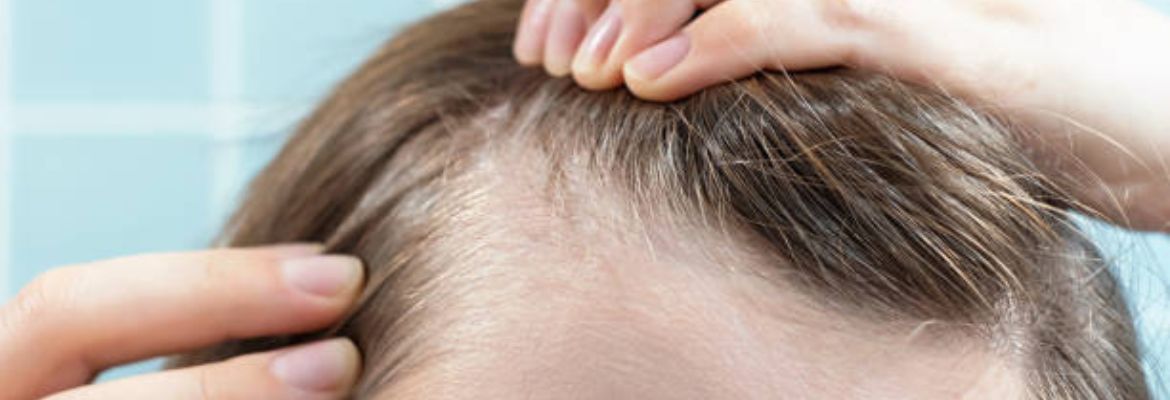Experiencing hair loss after giving birth can be a concerning and unexpected occurrence for many new mothers. While it’s natural for some hair shedding to happen postpartum due to hormonal changes, excessive hair loss can raise questions about underlying causes and effective management strategies. Let’s delve into the factors contributing to postpartum hair loss and explore ways to address this phenomenon.
Causes of Postpartum Hair Loss:
Product to support postpartum hair health: Shop Now
Causes of Postpartum Hair Loss:
- Hormonal Changes: During pregnancy, elevated levels of estrogen prolong the hair growth phase, resulting in thicker, fuller hair. However, after childbirth, estrogen levels drop, causing more hair follicles to enter the resting phase, leading to increased hair shedding.
- Nutritional Deficiencies: Pregnancy and childbirth can deplete essential nutrients like iron and vitamins, which are crucial for maintaining healthy hair growth. Nutritional deficiencies can exacerbate postpartum hair loss.
- Stress and Lifestyle Factors: The demands of caring for a newborn, coupled with sleep deprivation and changes in routine, can contribute to heightened stress levels, which may impact hair health and lead to increased shedding.
- Balanced Diet: Ensure you’re consuming a nutrient-rich diet to support hair growth and recovery postpartum. Incorporate foods high in iron, vitamins, and protein, such as lean meats, leafy greens, nuts, and seeds.
- Gentle Hair Care: Opt for mild, gentle shampoos and conditioners to minimize further hair damage. Avoid tight hairstyles and excessive use of heat styling tools, which can contribute to hair breakage.
- Stress Management: Find ways to reduce stress through relaxation techniques like deep breathing, meditation, or gentle exercise. Prioritize self-care and enlist support from friends and family to alleviate some of the pressures of new motherhood.
- Supplements: Consult with your healthcare provider about the possibility of taking supplements to address any identified nutritional deficiencies. Iron, vitamin D, and biotin supplements may be recommended to support hair growth and overall postpartum recovery.
- Time and Patience: Understand that postpartum hair loss is a temporary phase for most women and typically resolves within a few months to a year after childbirth. Be patient and kind to yourself as your body adjusts to the changes.
- Seek Professional Advice: If you’re experiencing excessive hair loss or have concerns about your hair health postpartum, don’t hesitate to consult a dermatologist or healthcare provider for personalized advice and treatment options.
Product to support postpartum hair health: Shop Now

